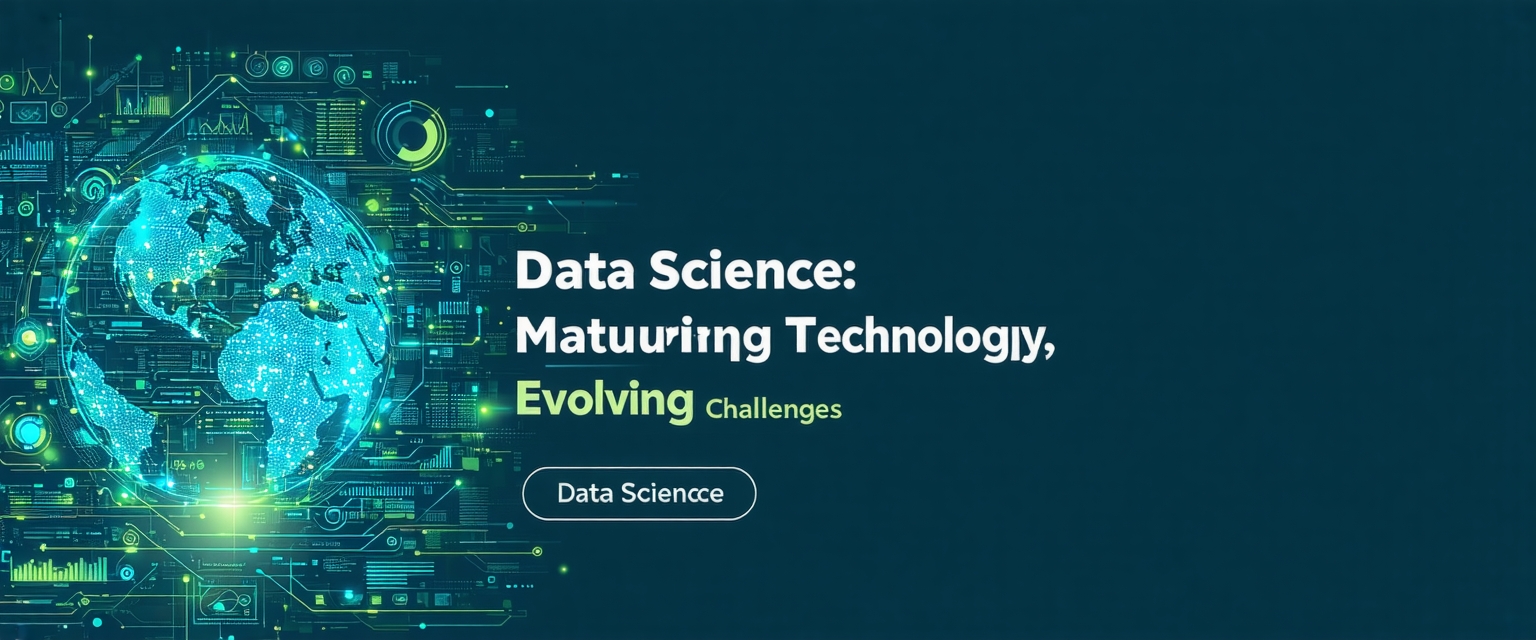






Data science, the interdisciplinary field of extracting knowledge and insights from structured and unstructured data, has rapidly evolved from a niche academic pursuit to a cornerstone of modern business and research. Fueled by exponential growth in data volume, advancements in computing power, and the rise of sophisticated algorithms, data science is transforming industries and reshaping our understanding of the world.
The foundations of data science were laid in the mid-20th century with the development of statistical methods and computational techniques. However, the true explosion of the field began in the late 2000s and early 2010s, driven by the advent of the “big data” era and increased accessibility to computational resources. The ability to process and analyze vast datasets opened up unprecedented opportunities for pattern recognition, prediction, and decision-making.
Recent advancements are focusing on areas such as artificial intelligence (AI), machine learning (ML), and deep learning (DL). The development of more efficient algorithms, particularly in deep learning, is enabling the analysis of increasingly complex data types, including images, videos, and natural language. Furthermore, the rise of cloud computing has significantly lowered the barriers to entry for data science projects, making it accessible to a broader range of organizations and researchers.
Another significant development is the growing emphasis on ethical considerations. Concerns about bias in algorithms, data privacy, and the responsible use of AI are driving research into fairness, transparency, and accountability in data science practices. The increased regulation surrounding data usage also plays a pivotal role.
According to a recent Gartner report, “By 2025, citizen data scientists will surpass expert data scientists in the volume of data analysis performed.” (Gartner, 2023). This highlights the democratization of data science tools and techniques, empowering a wider range of individuals to participate in data analysis. Furthermore, a survey by McKinsey found that organizations leveraging advanced analytics see significantly higher profitability than their counterparts (McKinsey Global Institute, 2021).
The future of data science presents both immense opportunities and significant challenges. Opportunities include advancements in personalized medicine, improved climate modeling, and more efficient resource allocation. However, risks include the potential for algorithmic bias, data breaches, and the ethical implications of autonomous AI systems.
Looking ahead, we can expect further advancements in explainable AI (XAI), which aims to make the decision-making processes of AI models more transparent and understandable. Furthermore, the increasing integration of data science with other fields, such as biology and engineering, will continue to drive innovation across various sectors.
“`